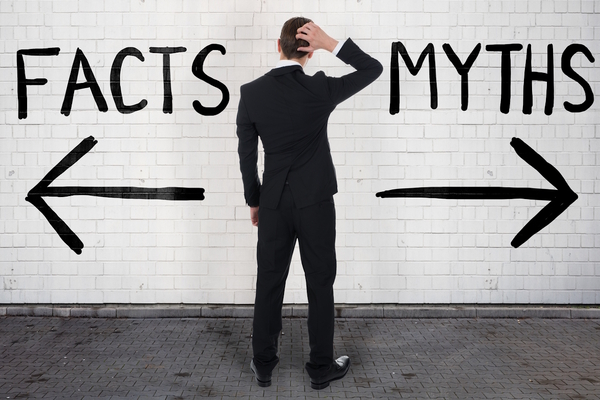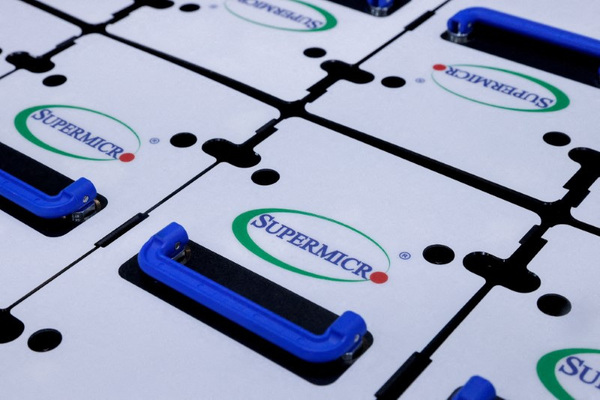SupplyChainTalk: Mitigating customs compliance risks across your supply chain
On 5 February 2025, SupplyChainTalk host Ana Maria Velica was joined by Jo Cloherty, Senior Commercial Manager, Customs Support Group; Ian Worth, Director, Customs, Crowe U.K. LLP; Elisha Herrmann, Vice President Board of Directors, Foreign Trade Zone 46 /47; and Becky Lombardo, Founder, Londra Consulting Ltd.
Views on news
The Council of the European Union has released a progress report on the Customs Union reform package. The European Commission aims to reach a consensus on this proposal by the end of 2025, with the first operational phase of the reform starting in 2026.
The standardisation of interfaces where customs procedures can be done is welcomed by companies engaged in trade with the EU. Within the UK, Northern Ireland is the most impacted by these customs changes. For retailers, it’s bringing increased complexity and cost, which may trigger a shift to DDP terms, where the seller is responsible for all risks and costs.
The last 12 months have been about preparing customers for the new regime and guiding them through what they need to automate to reduce the time that being compliant takes.
Identifying and managing risks
Whatever changes a business needs to tackle, it must have a playbook worked out based on understanding company data and its analysis, which will give guidance regarding what data is available. Once the relevant data is aggregated, it can be established what the company’s exposure is in a new regulatory environment. Then it can be decided what measures are needed to offset new risks – finding new suppliers, changing contract terms.
Working with a specialist who can help with understanding legislative reporting can be rather helpful. Digitising and centralising customs and trade activities can free up a lot of resources too. Companies that work with brokers must understand how they operate, what is being declared and what control the business has over the data that feeds into that declaration. They must also identify data that is lacking when trying to make the declaration compliant.
The business also must decide which risks are the most material to how it defines itself. It’s a good idea to bring in a third party to increase discipline internally and make internal processes consistent. A good carrier partner, for example, can help you identify what you are missing as they act on your behalf at the customs.
Professionals can be commissioned to make lane impact analysis for your business, which can also help you present alternatives to the C-suite in times of disruptions.
At this stage, AI is not 100% reliable but it’s progressing at a fast pace, and it can achieve great efficiencies with a human in the loop. Meanwhile, scenario modelling is expected to become one of the most effective ways to leverage AI.
By separating customs and trade activities, there is more room for using less centralised, add-on platforms. But there is also a case for a centralised platform where the intricacies of trade, its customs implications and its associated business critical risks can be seen and analysed with experts.
There is so much more data you must have in a customs declaration compared to a couple of decades ago including CBAM that harnessing the power of AI to manage these data sets has become essential to staying competitive.
The panel’s advice
- Get data and process owners together when writing a playbook to discuss different scenarios of managing new supply chain and compliance risks.
- Managing new risks boils down to information, audit and discipline.
- Before managing risks, you must understand your customs footprint.

Business Reporter Team
You may also like
Most Viewed
Winston House, 3rd Floor, Units 306-309, 2-4 Dollis Park, London, N3 1HF
23-29 Hendon Lane, London, N3 1RT
020 8349 4363
© 2025, Lyonsdown Limited. Business Reporter® is a registered trademark of Lyonsdown Ltd. VAT registration number: 830519543





